Quiz Ancient history
Last Updated:
Fascinated by ancient history? Our quizzes on this captivating period are made for you! Test your knowledge of the great civilizations, iconic figures, famous battles and monuments that marked the ancient history.
Our ancient history quizzes are a fun and rewarding way to delve into the world of the Greeks, Romans, Egyptians and many other fascinating cultures. With a varied selection of questions, you can test your knowledge on subjects such as Greek mythology, the pharaohs, the conquests of Alexander the Great and the technical achievements of the Romans.
Do you know where Babylon was? Can you name the seven wonders of the ancient world? Do you know the great philosophers Socrates, Aristotle and Plato? Our ancient history quizzes will help you answer all these questions, while enriching your knowledge of this fascinating era.
As you explore our ancient history quizzes, you’ll discover fascinating anecdotes, striking facts and surprising details about the societies that laid the foundations of our civilization. Whether you’re a history buff, a student or simply curious, our quizzes are an interactive and entertaining way to test your knowledge and learn more about ancient history.
Test your knowledge now and embark on a journey back in time to the era of the great ancient civilizations!
Test your knowledge of Ancient history with our quizzes. Whether you’re an amateur or an expert in history, our quizzes will provide you with a challenge adapted to your level.
Compare yourself with other history buffs and find out where you stand among connoisseurs of the great ancient civilizations. Each question is an opportunity to learn and deepen your knowledge.
Our Ancient history quizzes are not simple knowledge tests, but interactive learning tools. Each question is accompanied by detailed explanations and interesting facts about ancient events, people, monuments and cultures.
By answering the questions, you’ll enrich your general knowledge and develop a better understanding of this key period in history. Use our quizzes to explore ancient civilizations, discover fascinating anecdotes and strengthen your ancient history skills.
history
/ 10
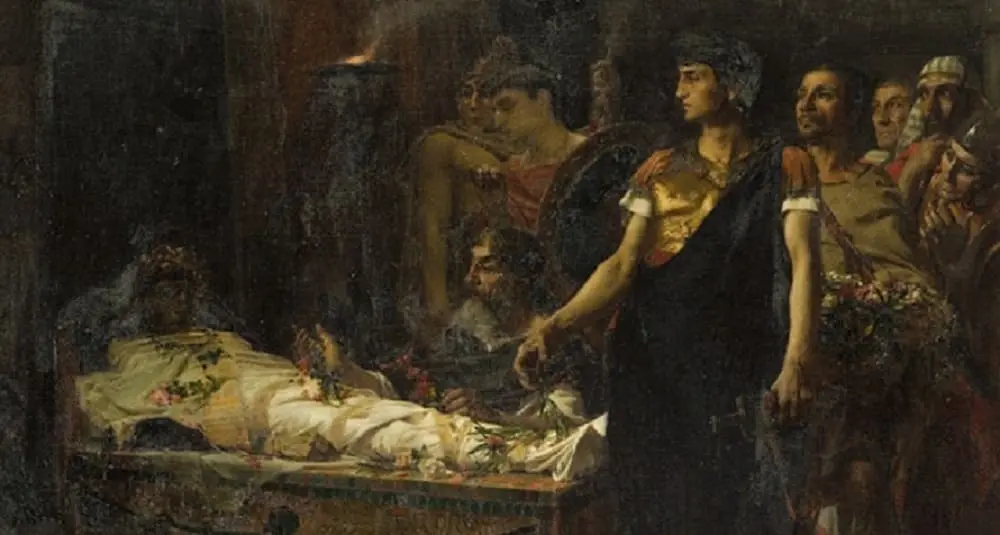
How did Alexander the Great die?
2Sudden fever
1Murder

🙌 Good answer
Alexander the Great died in Babylon in 323 BC, probably as a result of a febrile illness.
Next question

😞 Wrong answer
Alexander the Great died in Babylon in 323 BC, probably as a result of a febrile illness.
Next question
history
/ 10
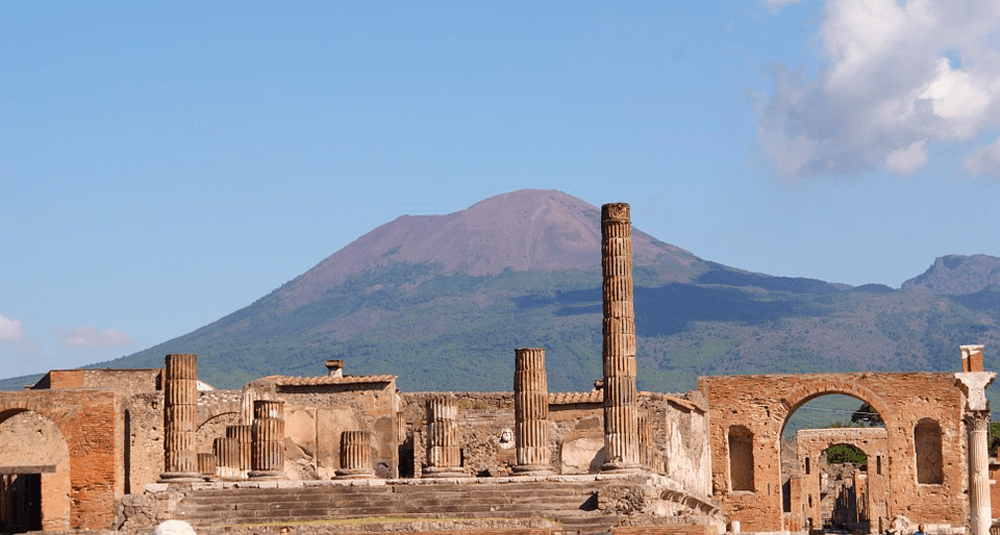
The eruption of which volcano destroyed the city of Pompeii?
2Vesuvius
1Etna

🙌 Good answer
The devastating eruption of Mount Vesuvius in 79 A.D. buried the town of Pompeii under a thick layer of ash and lava, preserving it for centuries.
Next question

😞 Wrong answer
The devastating eruption of Mount Vesuvius in 79 A.D. buried the town of Pompeii under a thick layer of ash and lava, preserving it for centuries.
Next question
history
/ 10
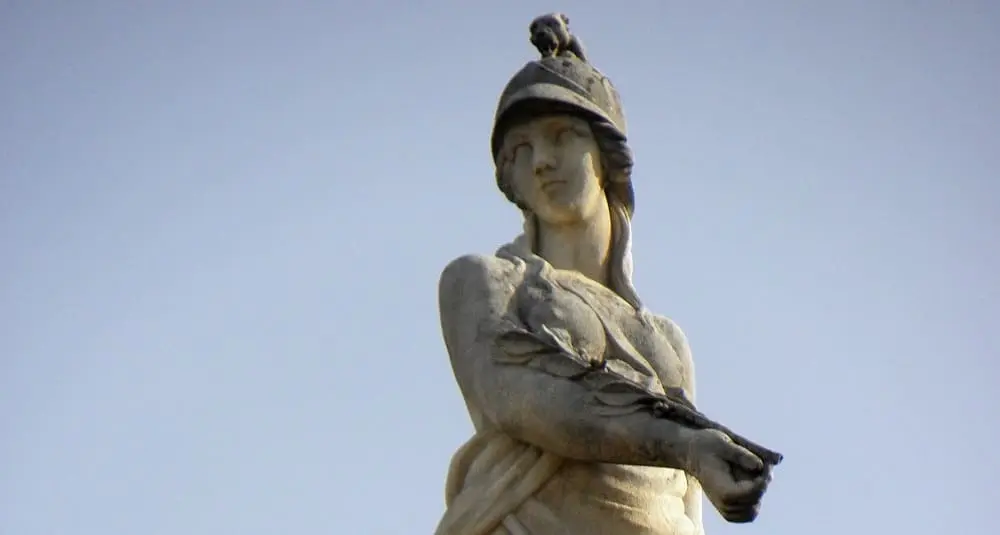
Who is the goddess Minerva?
2Goddess of wisdom
1Goddess of love

🙌 Good answer
In Roman mythology, Minerva is the goddess of wisdom, strategic warfare and the arts. She is the Roman equivalent of Athena in Greek mythology.
Next question

😞 Wrong answer
In Roman mythology, Minerva is the goddess of wisdom, strategic warfare and the arts. She is the Roman equivalent of Athena in Greek mythology.
Next question
history
/ 10
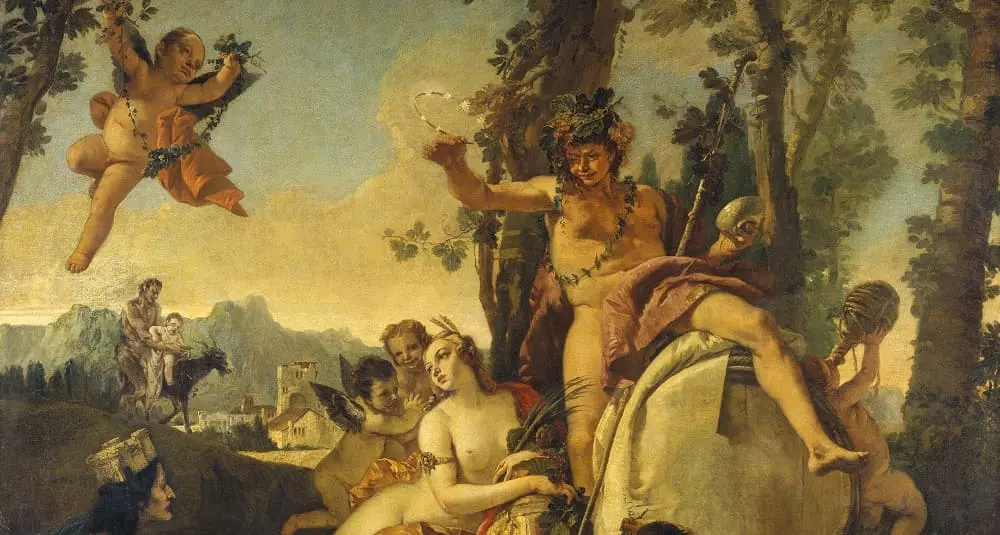
What are Bacchus' attributes?
2Vine and cup
1Lightning and trident

🙌 Good answer
The attributes of Bacchus, the Roman god of wine, include the vine, the cup, the thyrse, the panther, ivy leaves and the grape crown.
Next question

😞 Wrong answer
The attributes of Bacchus, the Roman god of wine, include the vine, the cup, the thyrse, the panther, ivy leaves and the grape crown.
Next question
history
/ 10
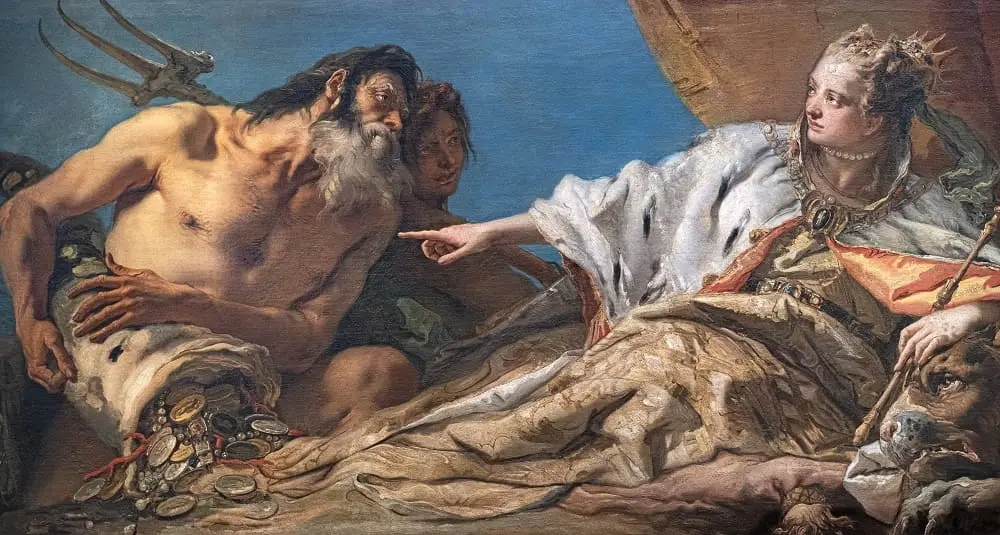
Who is the Roman god of the sea?
1Neptune
2Poseidon

🙌 Good answer
In Roman mythology, Neptune is the god of the sea. He reigns over oceans, storms and horses, the equivalent of the Greek god Poseidon.
Next question

😞 Wrong answer
In Roman mythology, Neptune is the god of the sea. He reigns over oceans, storms and horses, the equivalent of the Greek god Poseidon.
Next question
history
/ 10
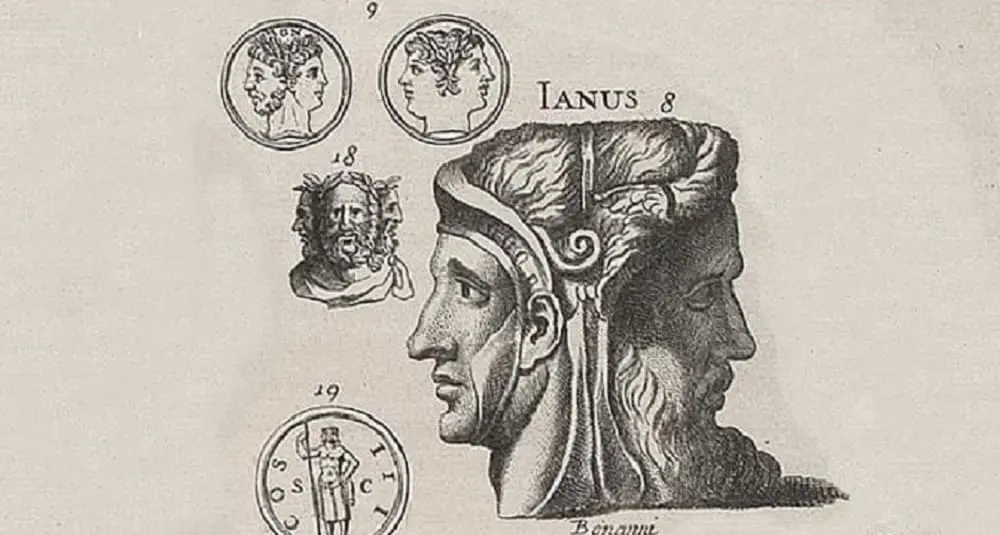
What does Janus symbolize?
1Past and future
2War and peace

🙌 Good answer
In Roman mythology, Janus symbolizes beginnings, endings, the passage of time and transitions, with his two faces turned towards the past and the future.
Next question

😞 Wrong answer
In Roman mythology, Janus symbolizes beginnings, endings, the passage of time and transitions, with his two faces turned towards the past and the future.
Next question
history
/ 10

Who was Iris in Greek mythology?
2Messenger of the gods
1Goddess of the Moon

🙌 Good answer
In Greek mythology, Iris is the messenger of the gods and the personification of the rainbow. She links Olympus to Earth and faithfully serves Hera.
Next question

😞 Wrong answer
In Greek mythology, Iris is the messenger of the gods and the personification of the rainbow. She links Olympus to Earth and faithfully serves Hera.
Next question
history
/ 10
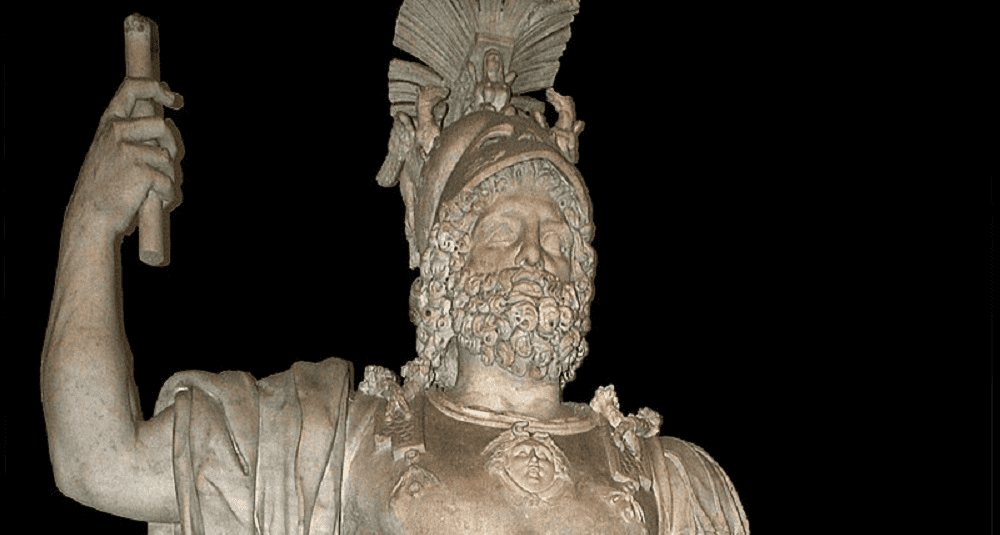
Who is Mars in Roman mythology?
2God of war
1God of underworld

🙌 Good answer
In Roman mythology, Mars is the god of war and the legendary father of Romulus and Remus. He embodies the military strength and protection of Rome.
Next question

😞 Wrong answer
In Roman mythology, Mars is the god of war and the legendary father of Romulus and Remus. He embodies the military strength and protection of Rome.
Next question
history
/ 10
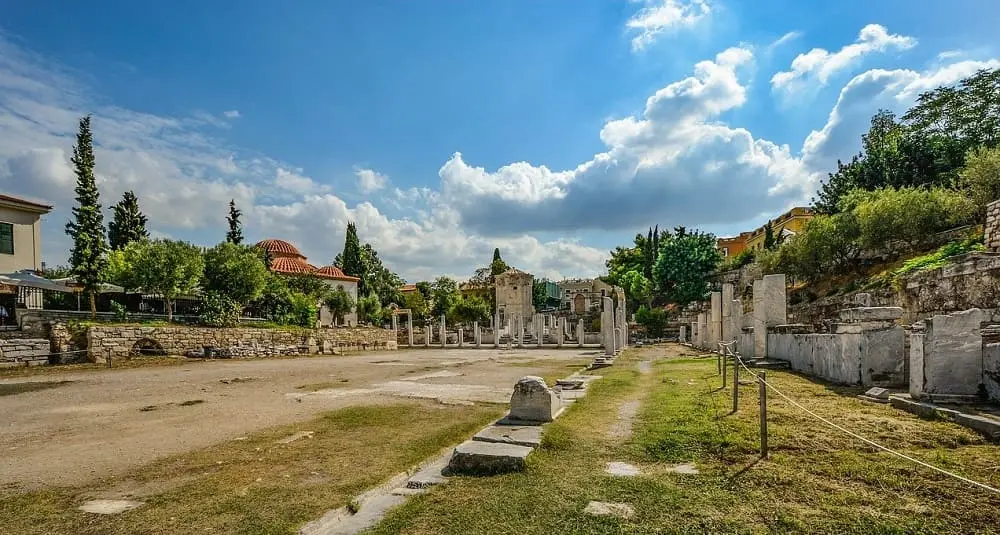
What's the difference between the Acropolis and the Agora?
2Temple and market
1Two different temples

🙌 Good answer
The Acropolis is a fortified hill housing sacred temples, while the Agora is a public square at the heart of the city, dedicated to political, commercial and social activities.
Next question

😞 Wrong answer
The Acropolis is a fortified hill housing sacred temples, while the Agora is a public square at the heart of the city, dedicated to political, commercial and social activities.
Next question
history
/ 10
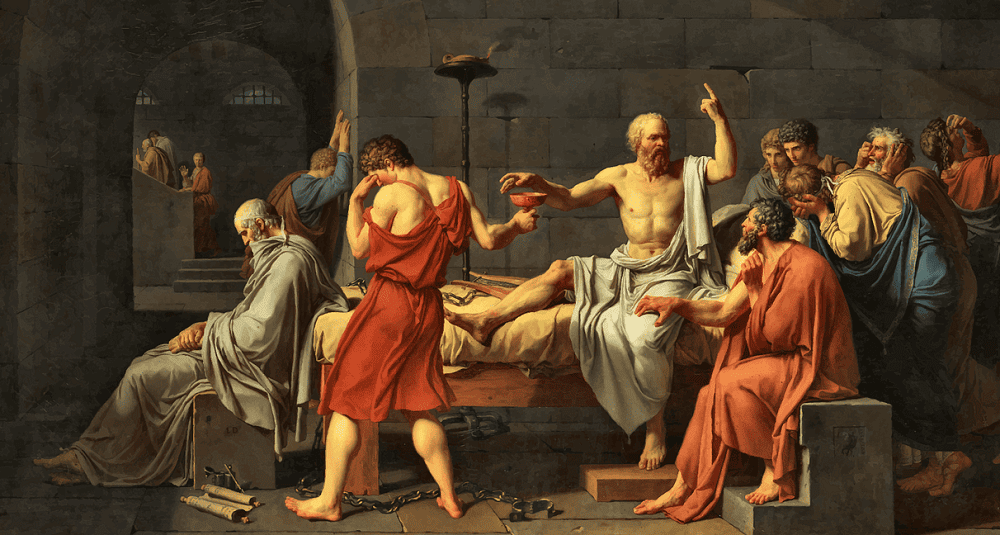
How did Socrates die?
2Forced suicide
1Died in battle

🙌 Good answer
Socrates died in 399 BC after drinking the deadly poison hemlock. Condemned by Athens for impiety and corruption of youth, he accepted his fate.
Next question

😞 Wrong answer
Socrates died in 399 BC after drinking the deadly poison hemlock. Condemned by Athens for impiety and corruption of youth, he accepted his fate.
Next question



